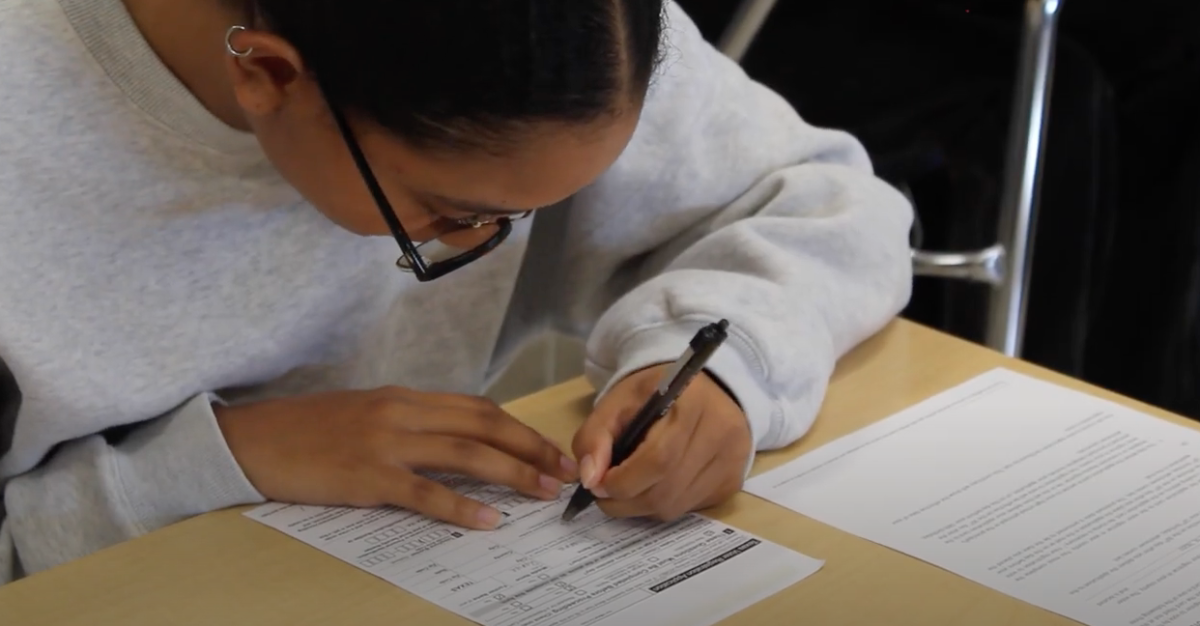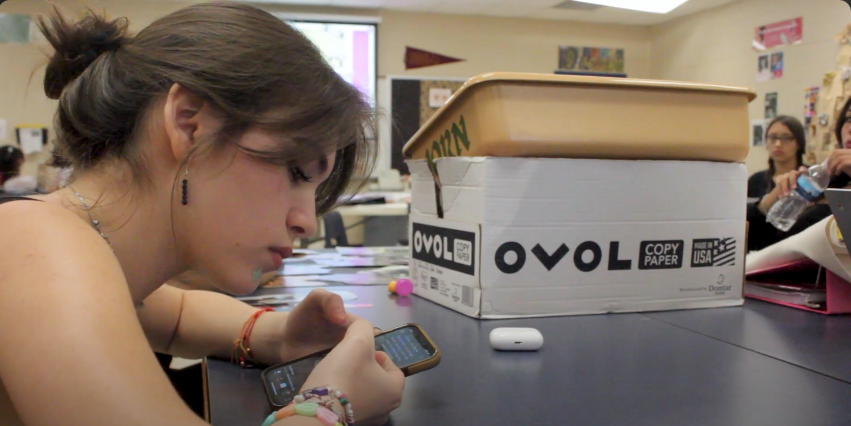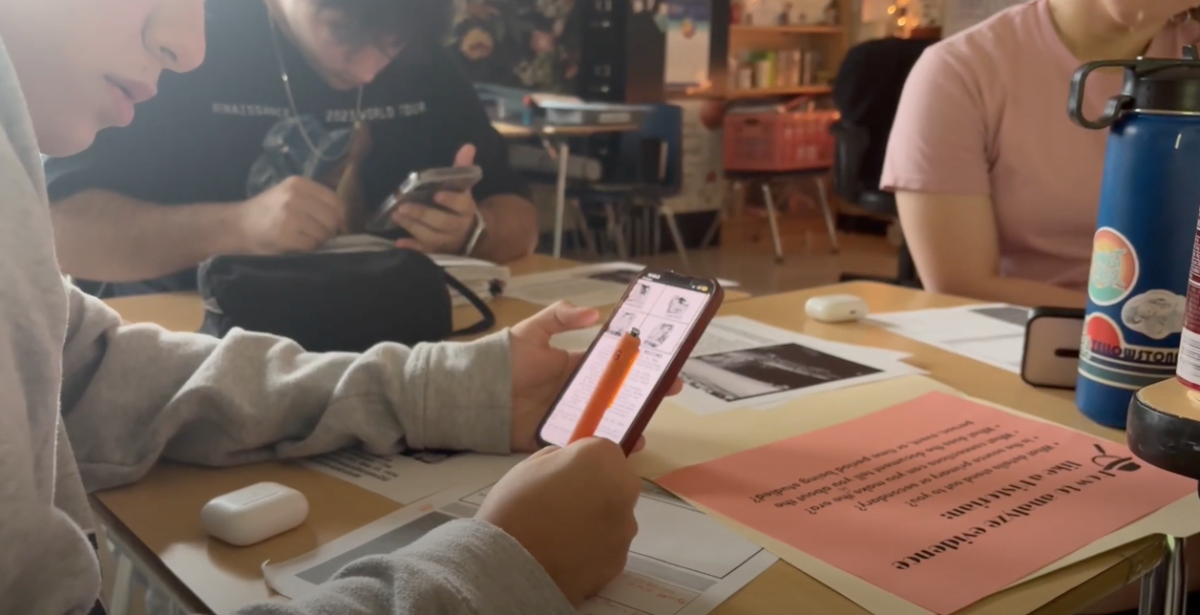by Lauren Siegal | Contributing Writer
With high school dropout rates on the rise and school budgets being slashed, many teenagers are not learning the life skills they need to help them outside of high school.
“The simplest way to think about life skills is to think about all the abilities that a person must have in order to successfully participate in life. These range from how to communicate, set goals, make decisions, resolve conflicts, manage time, and study,” Erin Capone, Executive Officer of Overcoming Obstacles, a non-profit organization that offers schools a free program that teaches life skills, said. “You’ll hear many terms like life skills, social and emotional learning, character education, soft skills, etc. They have their nuances but they’re all getting to the same point: there are certain traits/skills that are fundamental to anyone’s success,” Capone said.
Of all the life skills that students need to be taught, they have one thing in common: providing young people the tools they need to help them be successful.
“Life skills are crucial to students’ success in school, so it becomes necessary that young people learn these important tools in school so that they can meet the expectations and master the content they need to graduate,” Capone said.
Most will agree that life skills are important for kids to be learning, but opinions will differ as to who should be teaching these skills. Principal John Mehlbrech feels it’s predominantly a parent’s job to teach their children life skills.
“If you look at the philosophical aspect of education, we’ve taken a lot of responsibility away from the parent. The parents should be doing a lot more in educating kids, but they say that’s the school’s responsibility. A lot of that burden has been put on the schools, and some of it has to deal with the social makeup we live in now, where both parents are working and there’s not enough time,” Mehlbrech said. “We will help teach kids, but the bottom line is the parents getting on their kids and making sure they follow through with their teachings.”
The fact that in many families both parents are working, or kids are being raised by only one parent makes learning at home more challenging, and Capone says that’s where school can play an important role.
“The family structure and nature of people’s home lives have evolved in such a way that many young people do not have enough time spent with their caregivers to learn these skills directly from them. So, because most children spend a third of their day (or more) in school, that becomes the natural place for them to learn these skills,” Capone said.
So if it becomes the schools role to teach life skills, the responsibility rests with teachers like career and technology teacher Erin Turner Gray. Gray strongly believes in the importance of teaching life skills to her students.
“I think what makes a good teacher is somebody who understands what kids are going through nowadays and has empathy towards their struggles. It would also be one that will teach kids skills that will follow them through college and into their everyday life and that will actually help them grow as a human… not just as a teenager,” Gray said.

If the ultimate goal of school is to prepare students for the work place, not having life skills puts young people at a disadvantage, and might even cost them jobs.
“Typically if someone doesn’t have good life skills or good habits, it’s going to show up in the interview in some form or fashion. If we suspect during the interview that they can’t make it to work on time, if they don’t have good availability, if they’re not going to work well in a team environment, or if they’re not going to work well in an environment with a lot of people, I’m probably not going to hire them,” H.E.B general manager Mike Willis said.
Students like freshman Briana Gonzalez think that it will take more than regular school work to help them down the road.
“When I’m going to be faced with a life problem, I’m not going to be able to write an equation or a scientific notation to solve it. I kind of need to know how to actually do things in life and I’d like to learn more of that alongside my studies,” Gonzalez said.
Whether or not school officials will agree to start incorporating life skills in education, Capone says not teaching them is doing young people a disservice.
“Not teaching young people life skills is like dropping someone off in a foreign country without knowing the language, having a map, or knowing anything about the people—how could you possibly expect them to do well? They might survive but they won’t excel until they know those things,” Capone said.








